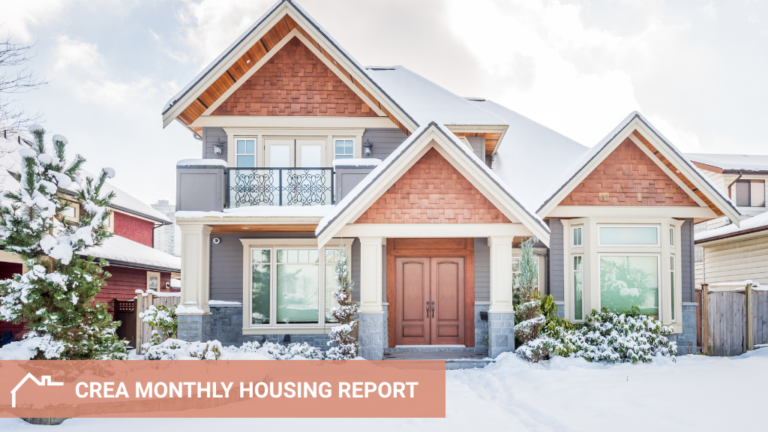
How Quebec residents can protect themselves against online fraud
Technological advances in online shopping have changed our lives and made everyday tasks more convenient. Unfortunately, this progress has also given rise to some potential issues that can make us and our private information very vulnerable, including when it comes to renting real estate. Consumer deception is becoming increasingly sophisticated and more common.
Short-term rentals can be an attractive target for scammers trying to make some quick cash. For example, scammers can post fake rental housing ads using pictures of existing properties on real estate sites and deceive consumers into paying deposits to view the property.
Here are some steps you can take to avoid being scammed in a short-term rental transaction:
1. Any short-term rental listing must be accompanied by a number from the Corporation de l’industrie touristique du Québec (CITQ). To check a CITQ number, go to bonjourquebec.com and enter the number in the search bar.
2. Ensure that the rental listing you’re looking at has a general sales policy, which can be used as a sign of the landlord’s reliability.
3. Search for the property on other websites, and read other users’ comments on specific listings and hosts. Google and Facebook reviews can help you to carry out some basic background checks.
4. Consult a licensed real estate professional if you’re unsure about the leasing process or if anything seems amiss.
5. By searching for the listing address in a search engine, you can find out if the property is for sale or rent on real estate websites and, if necessary, contact the real estate broker responsible for the listing to verify the validity of the ad.
6. Check to see if the listed landlord is actually the true owner of the property by doing a land registry search.
7. Use a reputable rental site to search for listings and conduct inquiries.
8. Make any rental deposits or payments on a secure site, and pay by credit card or PayPal to ensure that you can easily trace the payment and have recourse in case of fraud. Don’t pay the full amount for the rental property before the agreed upon stay.
9. In the case of fraud, contact the Office de la protection du consommateur to assess what legal action you can take.
10. Contact your local police department if you suspect a fraudulent listing.






